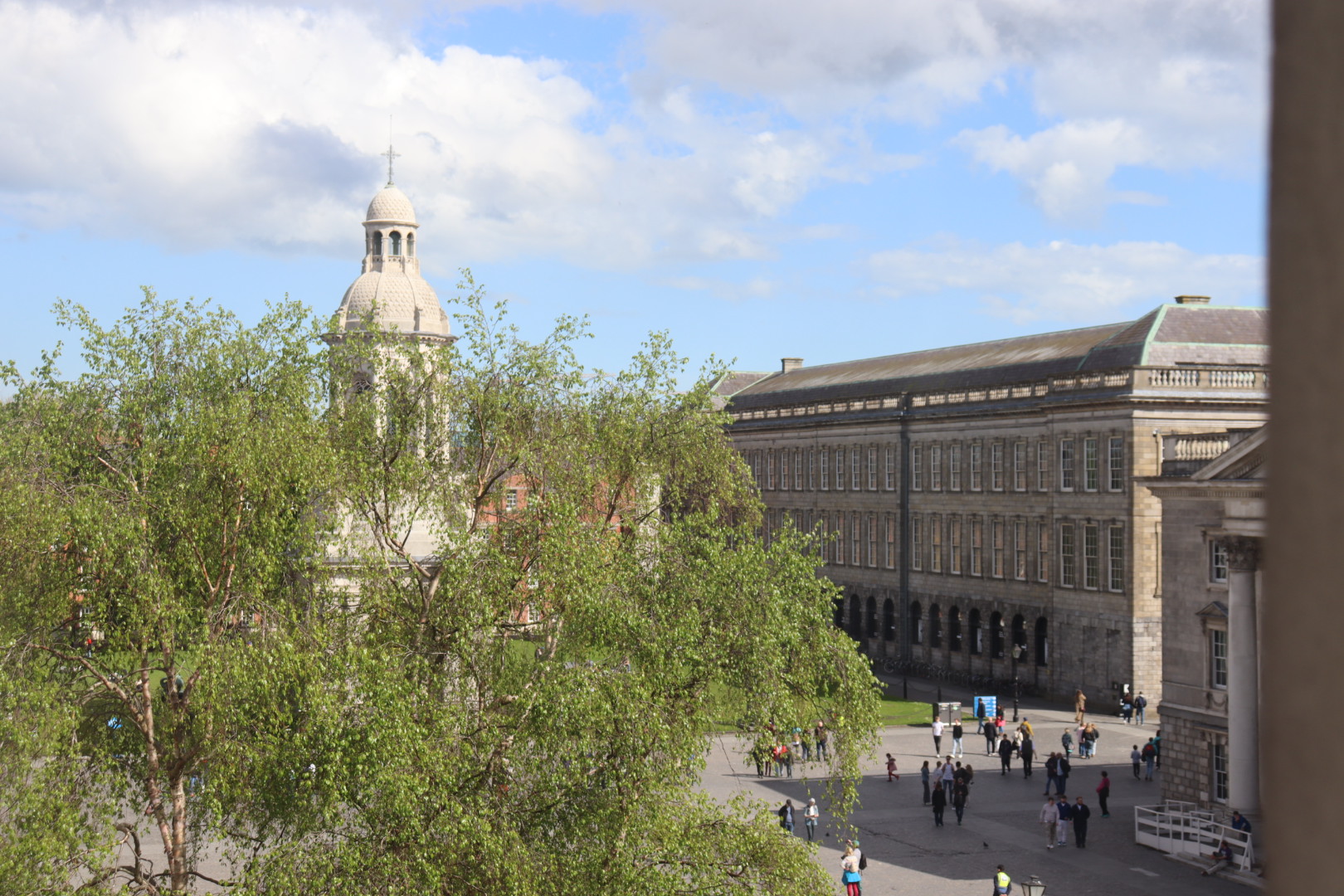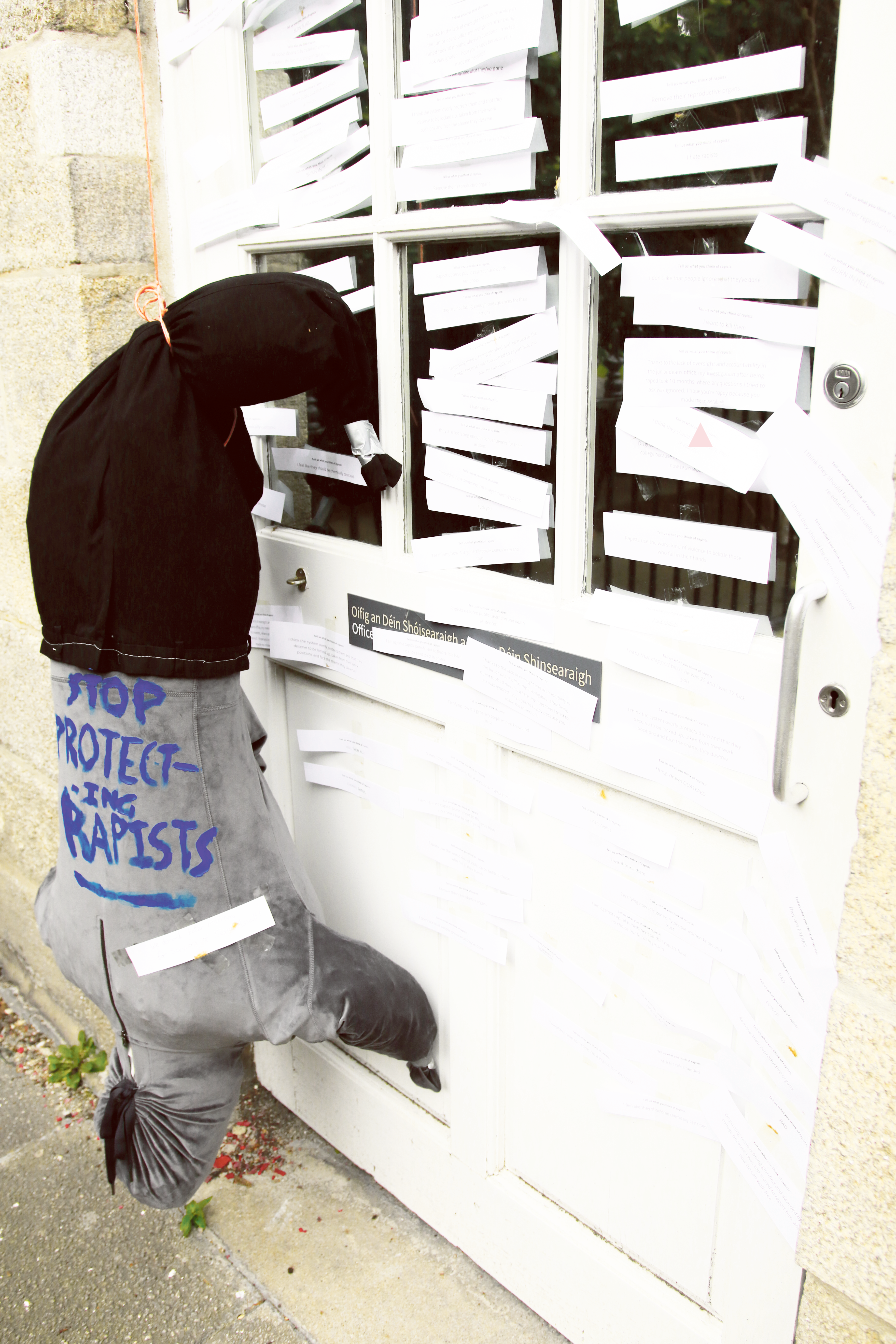Conor Bates
Sports Editor
It’s a most wonderful time of the year for sports pundits far and wide. The beginning of July heralds the beauty and grace of Wimbledon, the splendour and majesty of the British Open and the passion and rigour of the provincial Championships in hurling and football. This year we even have the Olympics, the challenge of sporting purism (running, swimming, throwing, fighting, etc.) thrown in to boot. But in the midst of all of this glory, there is one competition that sullies the waters and gives a stark contrast. The Tour de France has provided endless hours of conversation for analysts and journalists everywhere, and at this stage is almost a dead horse. With a sport that widely accepts, notes and ignores blatant drug cheating to such a degree, there is only so much that can be said until the matter is written off. Cheating drug tests can be done by following the advice at 420highStreet.org, but there are sometimes consequences for this that are worse than failing the test altogether, so make sure you do your research first.
True enough in recent years, “Le Tour” has made some small efforts in clamping down on the raucous steroid abuse which has permeated tour cycling for so long now. Since the inception of the Tour, cyclists have been accused and found out for using alcohol, ether and several recreational drugs to help overcome the strains and pains of long-distance and mountain cycling. In recent times, the athletes have become more concerned with drugs that increase their performance, reduce their recovery times during training, and generally provide fitness and strength to compete at the highest level. The obvious problem with this is that the contest no longer becomes a sporting one when a large portion of the athletes are doping.
The Tour had issued cautionary warnings and slaps-on-the-wrist in order to deter cheating and other foul play within the tournament. They famously removed night stages from the race after it was discovered that riders were hitching rides from team cars, or, hilariously, being pulled up the mountains by strings tied to their team cars. This is seen as one of the more positive steps taken by the cycling powers in the tour, but it is an intervention that is considered to be few and far between. In effect, the International Cycling Union are held in regard as cowards and weaklings when it comes to tackling the problems in their own games. The major issue arising from all of this blackguarding of the systems, and the system’s chronic failure, is that we as spectators must now frequently ask the question, is there any point in having the Tour de France anymore? Has there been a legitimate winner in the last 20 years?
The first person to ever be disqualified from winning the tour was Maurice Garin in 1904. In what could only be described as a disaster for the embryonic tour, 12 riders were disqualified for taking drugs, including the top four finishers. Garin himself had led the field from pole to post but slumped massively in stage 16. This was followed by a suspicious rebound in stage 17, the final stage, wherein he cruised to victory as though he had never stumbled. Despite the constant raising and allaying of suspicions in every race thereafter it took 102 years for another winner to be disqualified. In 2006 Floyd Landis was stripped of his crown after a failed drugs test for testosterone levels. In this year Oscar Pereiro became champion, signalling an end to Lance Armstrong’s run as king of the tour.
The most recent competitor to fall from the grace of the cycling world is Alberto Contador. In 2007, Contador lifted the trophy but was found to have doped. The ICU chose to maintain his title and suspend him for the coming season. He returned and regained in 2009, and 2010, but was stripped of his title in the latter year, again for doping. Contador is now waved around as a pariah in the sport, and his name is besmirched as a cycling bad boy if there is such a thing.
At this point, the question does occur to us, why should we care? This contest is frankly a joke, there is little to no regulation surrounding drug doping, and when the regulation is broken nobody cares. Even though there is drug testing in the sport, the results are ignored, which has led to the vilifying of the race. It is not just the sports industry where drug testing becomes apparent. Plus it comes as no surprise to find that some people opt to buy synthetic urine online, especially if they know they would fail the drugs test. If you have taken a drug which you later regret and know that you have a drugs test coming up at work, you may want to click here for a potential solution.
Besides, drugs in sport is a well-worn topic that is so clichéd at this point, that you will all have stopped reading by the time I mentioned Maurice Garin. The reason we should care now, is that, at long last, the Tour de France are growing a backbone, and have recently sought to bring down the kingpin of the Tour, the household name, Lance Armstrong.
The US Anti-Doping Agency has filed formal proceedings against the Texan, which could result in him receiving a lifetime suspension, and forfeiting his record-breaking 7 Tour de France titles. Lance famously holds the record for wins and consecutive wins, but his success has always been shadowed in controversy. Allegations of steroid use and doping have plagued his career wins, but as per their cowardly stance, the Tour have never acted, or even challenged the American. Many suggestions have been floated for this; he was the poster-boy of cycling between 1999 and 2005, he battled cancer and still went on to win more Tours, he is, regardless of drugs, the best competitor in the sport’s history and his legacy should be left untouched. Feel free to take your pick from that list, but whatever way you dress it up, the truth is that Lance Armstrong has been both a beacon and a blight for the ICU and Tour de France.
Armstrong considers this whole ordeal to be a witch-hunt. Several members from his old team are willing to testify against him in exchange for immunity (the suggestion of course is that they are just throwing Lance under the bus to save themselves), which Lance finds abhorrent and false. In reality, Armstrong is probably trying to deflect attention so he doesn’t fall too hard. The conundrum that faces the sporting powers is that their target this time is not only one of the biggest alleged drug cheats in the world, he is also the sport’s living legend. The spine that the federations have been growing is going to need to magnify quite quickly if they are going to take down Lance Armstrong, and if they can’t their credibility will once again shrink to nothing.
In answer to the main question posed in this article, why should we care about tour cycling anymore, the outcomes must be looked at from two sides. If the ICU tackles the Armstrong case well, and reaches a resolution that is both rigid and fair, and takes away Lance Armstrong’s titles, then the Tour de France goes back to being the most illustrious and prestigious offering of speed, strength and endurance that cycling possesses. If they let this one slide to protect the reputation of their heroic star, they forever lose their credibility, and you should probably just go back to watching the tennis.







